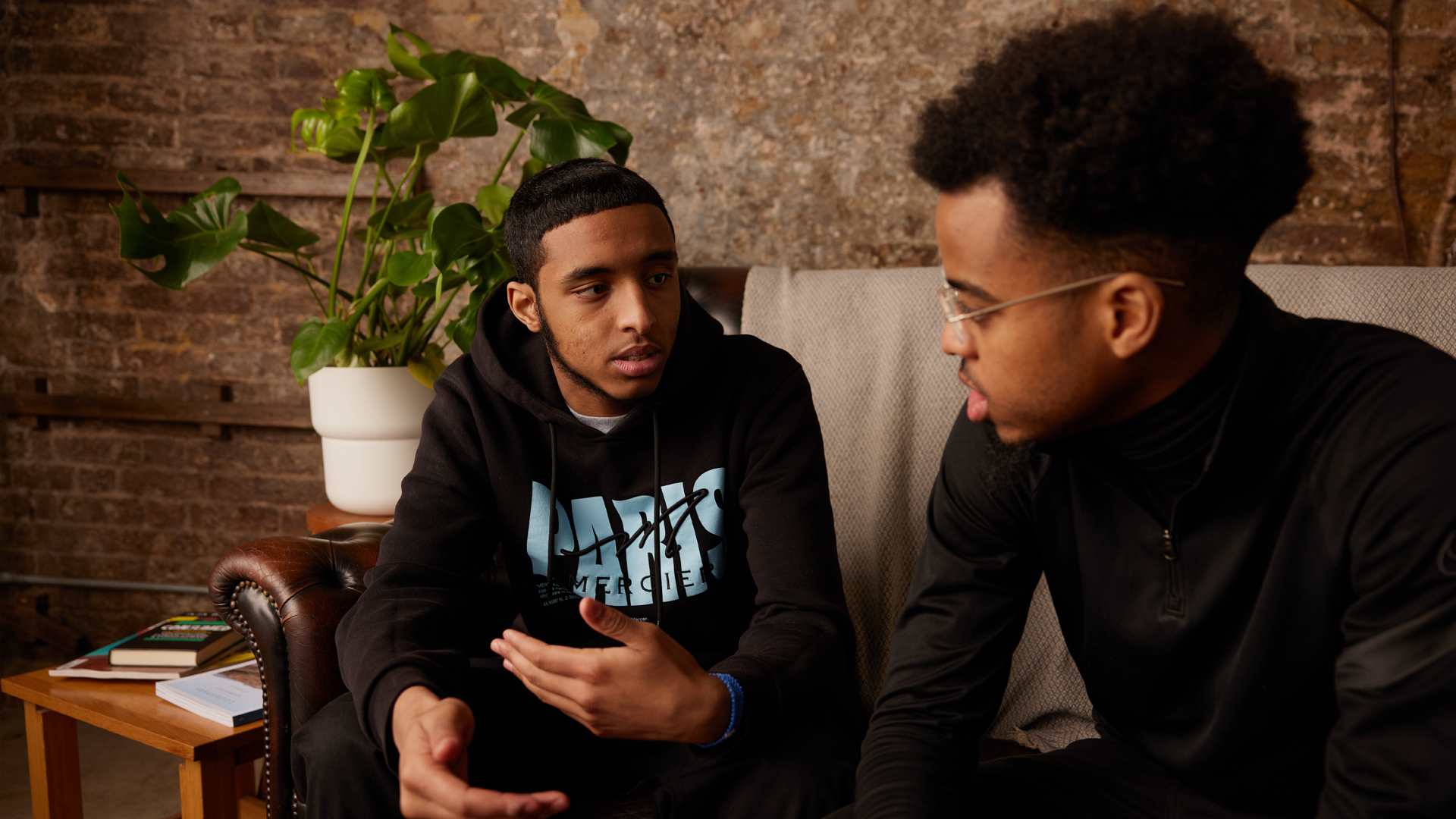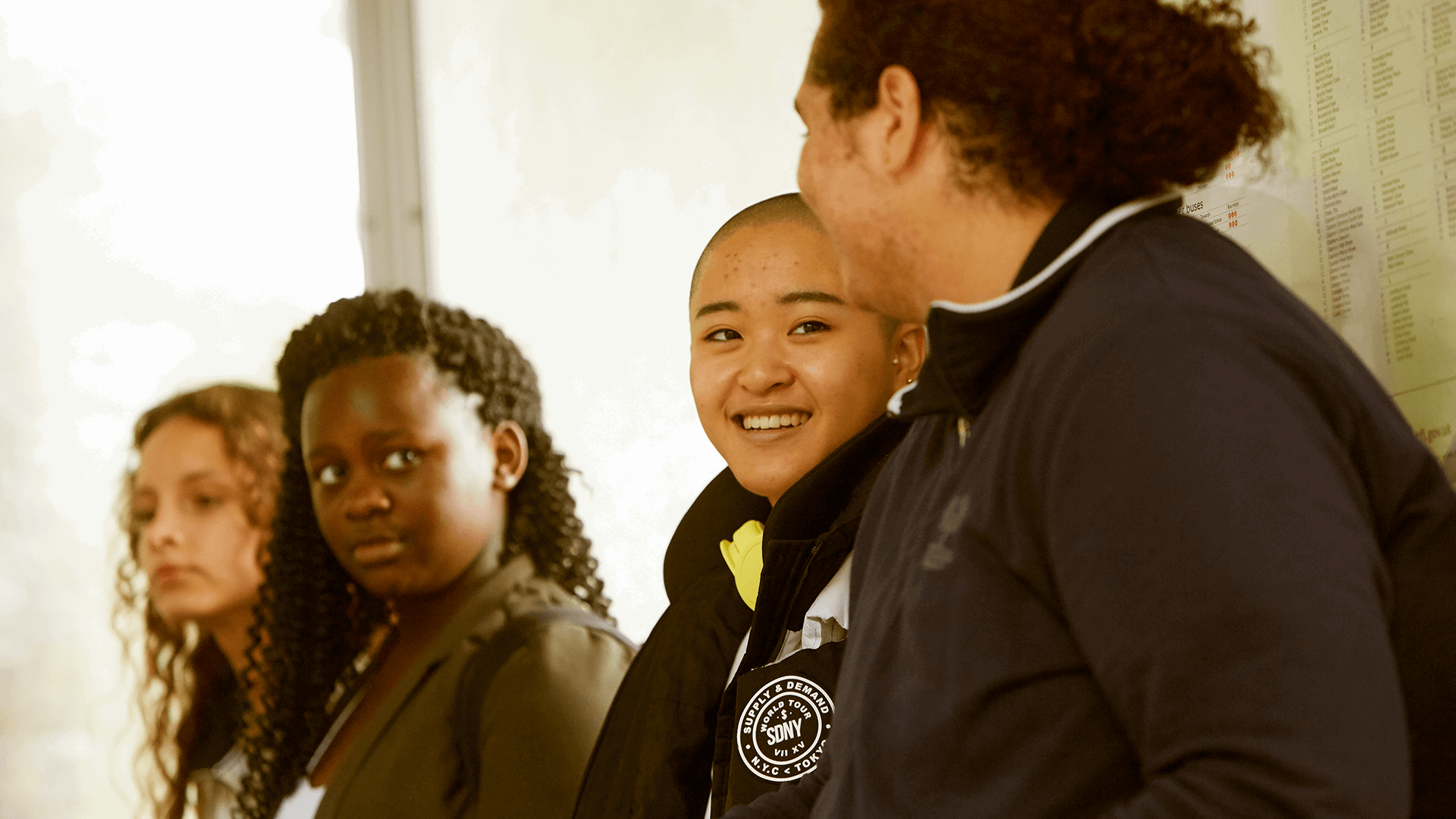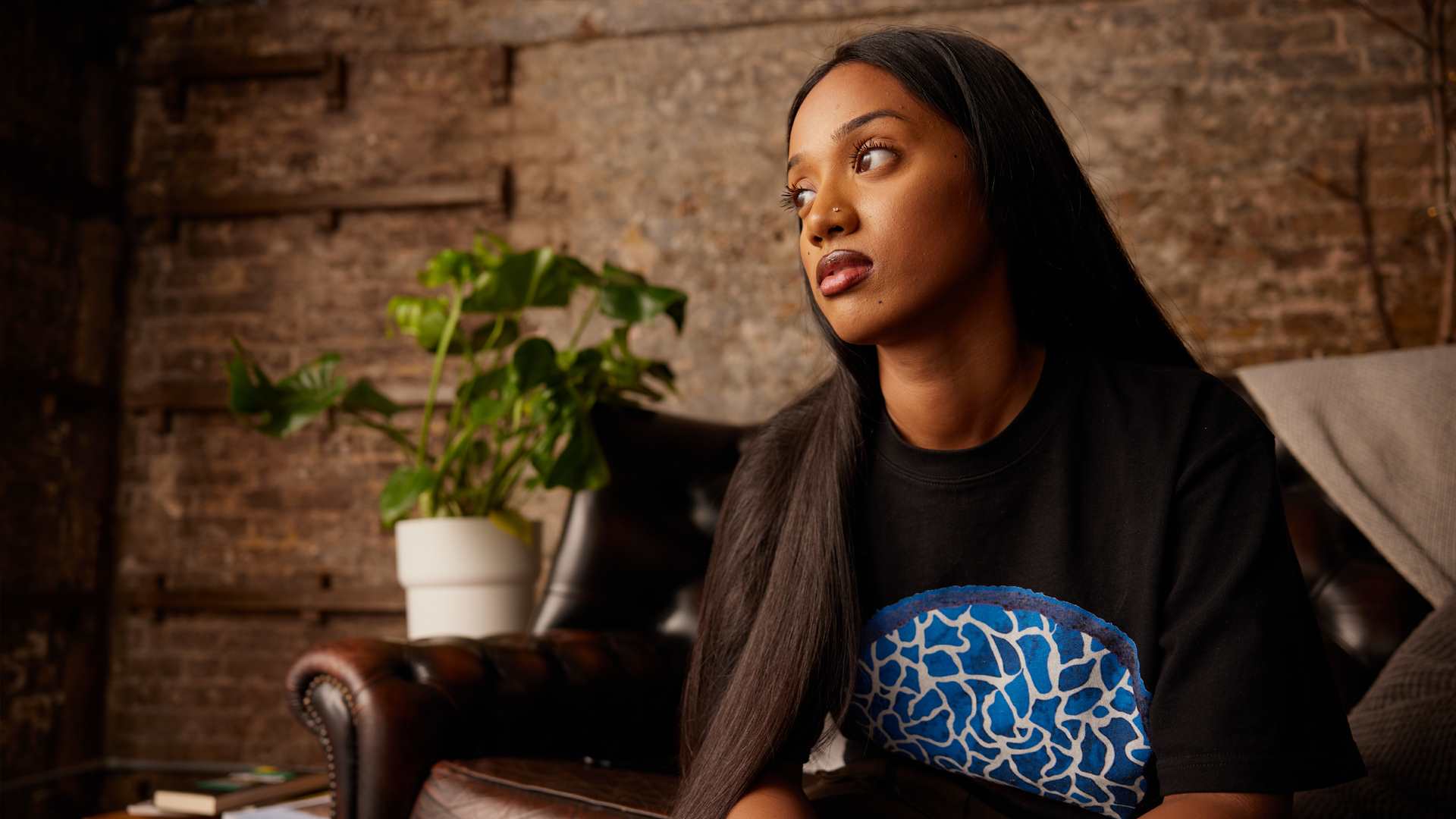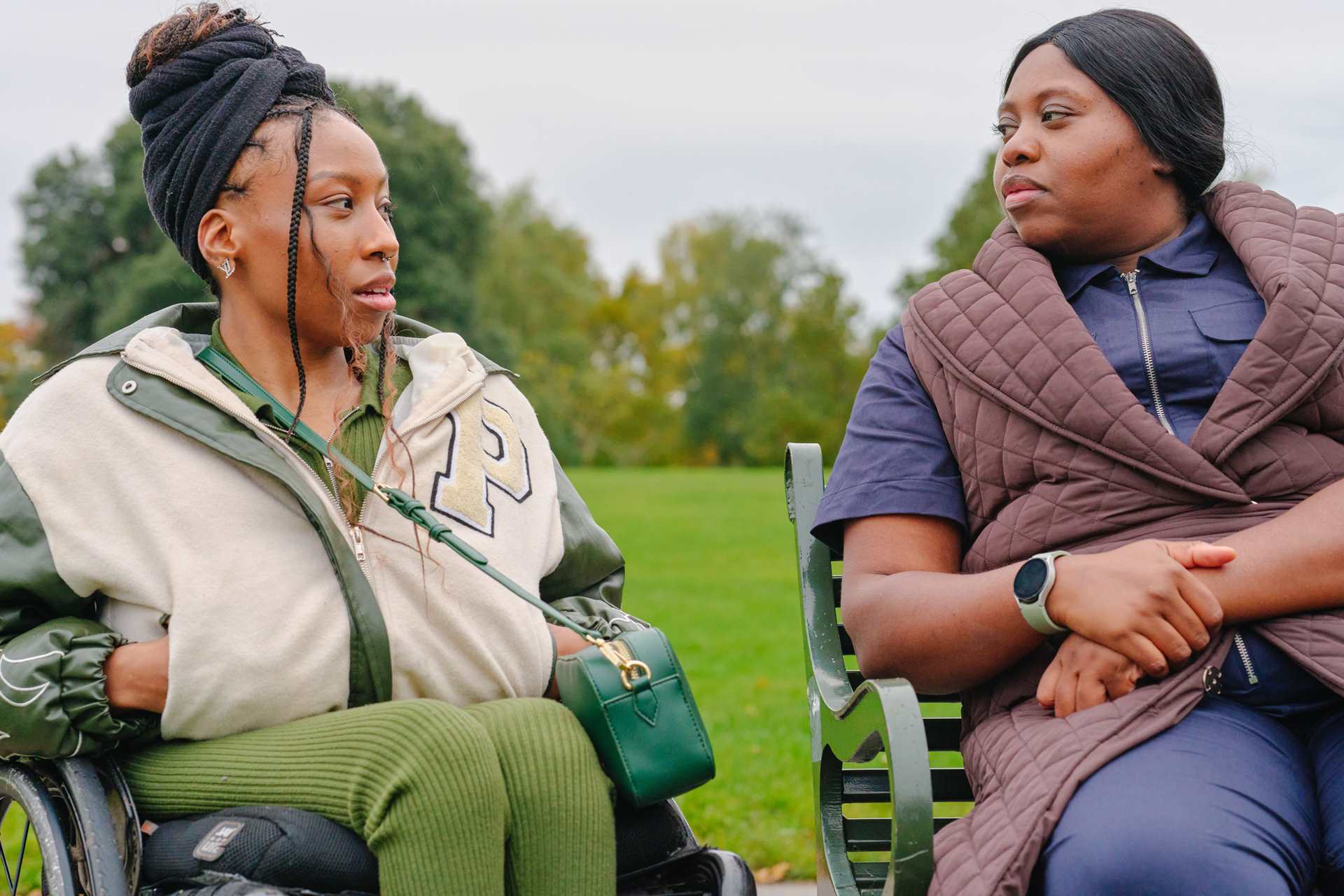The important thing for you and your child is how you see the situation and how it makes you feel – not what other people think or say about it.
We can spend a lot of time wondering whether we have been badly or unfairly treated because of our skin colour, race or ethnicity, or for some other reason, and it’s not always totally clear. This can make us feel confused or even foolish for talking about our experiences, especially if the people we are talking to have never had to ask themselves these sorts of questions.
Sometimes, even when we are convinced we have experienced racist treatment, people around us might try to tell us we’ve got it wrong. This can feel very lonely and isolating. But remember, you are not alone and your feelings are valid.
If your child is struggling with the impact of racism on their mental health or wellbeing, there are things you can do to help them – including providing emotional support, working on practical strategies together and finding the right professional help if they need it.



